Have you ever wondered how your blood pressure might affect your hair health? It’s a curious connection, but it turns out that high blood pressure can indeed play a role in hair loss, especially in women. Hair loss can be a distressing symptom, impacting one’s self-esteem and overall sense of well-being. Don’t worry; we’re here to explain how high blood pressure affects hair health, and provide useful tips to manage it.
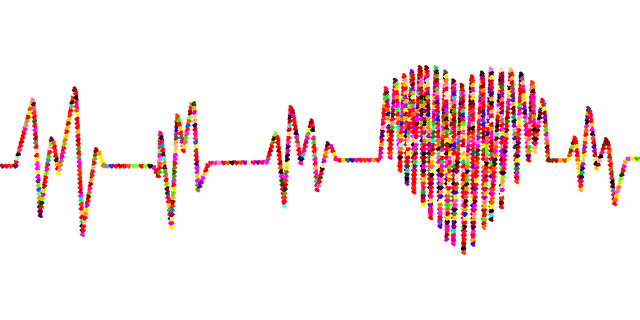
Key Takeaways
High blood pressure can contribute to hair thinning by damaging the arteries that supply blood to the hair follicles, and certain antihypertensive medications can exacerbate this condition.
Various beta blockers, ACE inhibitors, and diuretics prescribed for hypertension have been associated with hair thinning and loss, which is usually temporary and reversible upon adjustment or cessation of the medication.
Stress and nutritional deficiencies, which are potential contributors to both high blood pressure and hair loss, can be mitigated through lifestyle modifications such as reducing stress, getting adequate nutrition, and reviewing medication use with a healthcare provider.
Exploring the Connection: High Blood Pressure and Female Hair Thinning
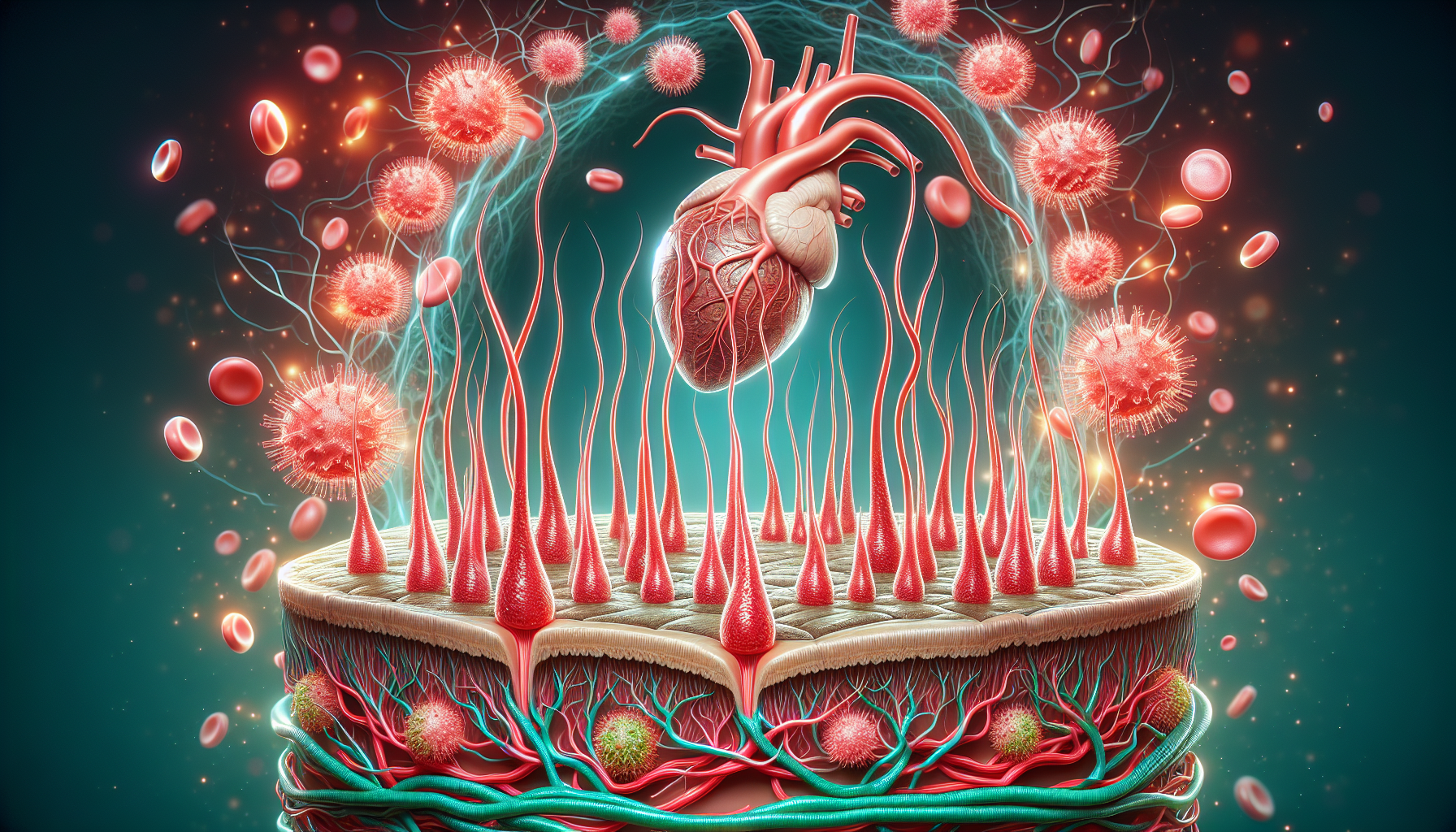
Understanding the intricate relationship between hypertension and hair thinning in women necessitates a multi-faceted exploration – one that considers the impact of hypertension on hair health, the side effects of blood pressure medications, and the influence of hormonal fluctuations.
Hypertension, commonly known as high blood pressure, can cause damage to the arteries, affecting the blood flow to various organs, including the hair follicles. As a result, it can lead to hair thinning and even hair loss. Moreover, certain high blood pressure medications have been associated with hair loss, as they may interfere with the blood vessels that supply the hair follicles.
Lastly, hormonal fluctuations, especially those linked to metabolic syndromes associated with high blood pressure, can also lead to hair thinning.
The Impact of Hypertension on Hair Health
By restricting blood supply to the hair follicles, high blood pressure may adversely affect hair health, potentially leading to hair loss and thinning. High blood pressure, which can lead to conditions like coronary artery disease and coronary heart disease, damages arteries. This damage can diminish the flow of blood and essential nutrients to the hair follicles, potentially causing hair loss. This can manifest as a condition typically associated with men, known as male pattern baldness, but in this case, it occurs in women.
Several studies hint at a potential connection between hypertension and hair loss in women. For instance, research indicates that women with pattern baldness may be predisposed to hypertension. In Japan, a study discovered a correlation between androgenetic alopecia and high blood pressure. Therefore, if you’re a woman with high blood pressure, it’s important to be aware of the potential impact on your hair health.
Medications and Hair Dynamics

The impact of high blood pressure medications on hair health varies significantly. Certain high blood pressure medication, such as:
Anticoagulants
Beta blockers
ACE inhibitors
Diuretics
have been linked to hair loss in women. However, it’s important to remember that this side effect is quite uncommon and usually temporary.
The good news is that hair loss caused by blood pressure medications is typically reversible. Normal hair growth often resumes once the medication is changed. So, if you suspect that your medication is causing hair loss, don’t hesitate to consult your doctor for advice.
Hormonal Fluctuations and Hair Loss
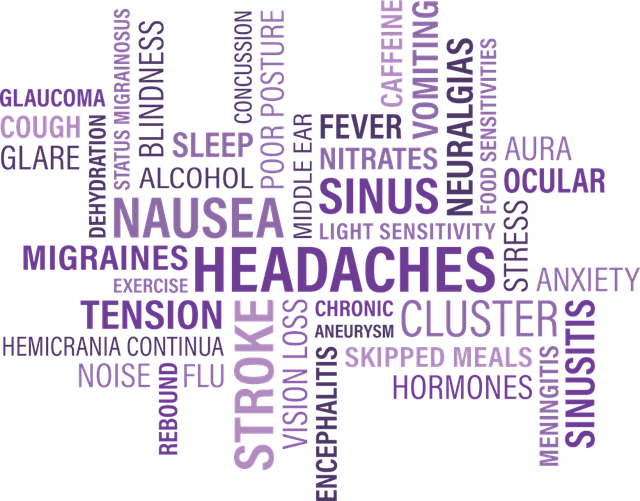
Several factors, including hormones, influence the hair growth cycle. Hormonal changes, such as those caused by birth control, can contribute to hair loss in women with high blood pressure. Hormonal birth control can lead to conditions like telogen effluvium, which usually starts three to four months after beginning the medication, and androgenic alopecia, due to fluctuations in hormone levels.
The combination of hormonal fluctuations and high blood pressure can impact a woman’s hair health by causing an imbalance in hormones like dihydrotestosterone (DHT), leading to hair thinning and loss. These hormonal changes can be triggered by certain birth control options, including:
Progestin-only birth control
Birth control pills with more estrogen than progestin
Hormonal contraceptives that can prolong the telogen phase of hair growth.
Unraveling the Effects of Blood Pressure Drugs on Female Hair Loss
The impact of hair loss can differ based on the specific blood pressure medication administered. It is important to consult with a healthcare professional for personalized advice. Some drugs may cause temporary hair thinning, while others may have no impact at all. The good news is that hair loss caused by medication, while distressing, is typically reversible once the medication is discontinued or adjusted.
Interestingly, in cases where a woman has a genetic predisposition to male or female pattern baldness, drug-induced hair loss has the potential to trigger that process. However, it’s important to bear in mind that the regrowth of hair after medication-induced hair loss can take from 12 to 18 months.
Beta Blockers: A Double-Edged Sword for Hair?
While beta blockers are often prescribed to manage high blood pressure, numerous studies report instances of hair thinning as a side effect of these medications. Beta blockers like propranolol and nadolol can lead to rare instances of hair loss, and discontinuing them can lead to the regrowth of scalp hair within three months.
While these medications can effectively control blood pressure, their potential side effects, including hair loss, should be taken into consideration. Therefore, if you’re taking a beta blocker and notice hair thinning, it may be worthwhile discussing other medication options with your doctor.
ACE Inhibitors and Hair Follicle Sensitivity
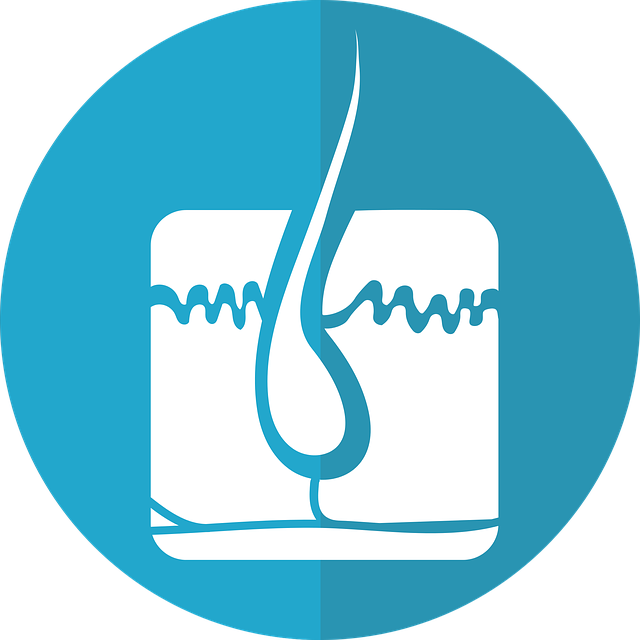
ACE inhibitors, a different category of blood pressure medications, can induce hair follicle sensitivity, resulting in temporary hair loss in some cases. ACE inhibitors regulate blood pressure by inhibiting the enzyme ACE, which is involved in the production of angiotensin II, a substance that constricts blood vessels and raises blood pressure. Some common ACE inhibitors include:
Lisinopril
Enalapril
Ramipril
Captopril
If you are experiencing hair loss while taking ACE inhibitors, it is important to consult with your healthcare provider. They may be able to recommend alternative medications or suggest ways to manage the hair loss.
Diuretics and Their Role in Hair Health
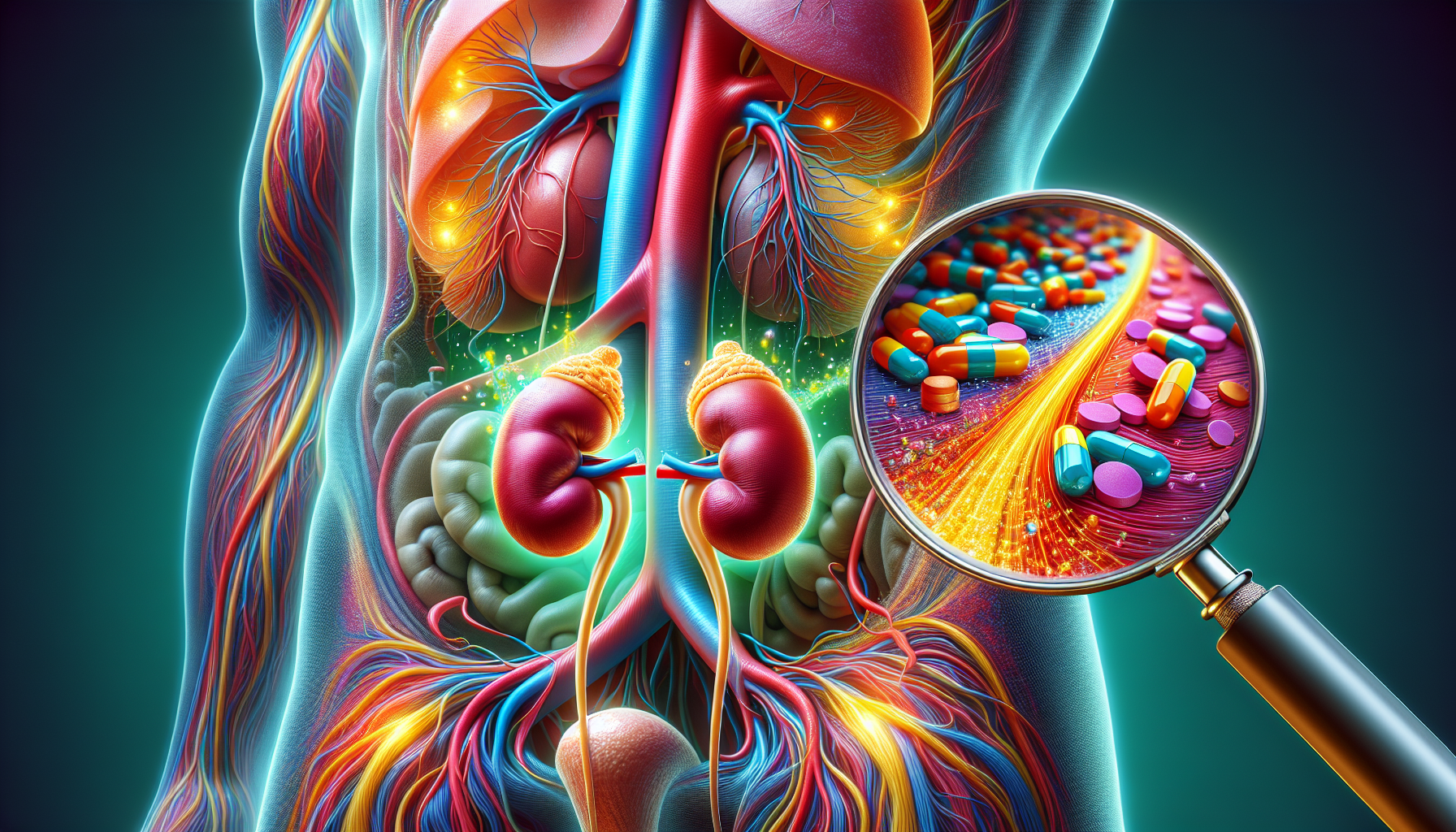
Diuretics, yet another form of medication, can also impact hair health. They work by helping your kidneys remove excess water and salt from your body, which can lead to an imbalance of electrolytes and nutrients. This imbalance can potentially affect hair health, leading to hair thinning and even hair loss.
The good news is that nutritional deficiencies caused by diuretics can be addressed through a balanced diet and nutritional supplements. Ensure you’re getting a good intake of essential nutrients like:
calcium
magnesium
potassium
zinc
Lifestyle Factors: High Blood Pressure, Stress, and Women’s Hair Loss
Both high blood pressure and hair loss are significantly influenced by lifestyle factors. Elevated levels of stress and poor nutrition can worsen both conditions, creating a vicious cycle that can be hard to break. Chronic stress can lead to hypertension and also trigger telogen effluvium.
On the other hand, a poor diet can exacerbate hypertension and also lead to nutritional deficiencies, which can harm hair health. With all these interconnected factors at play, it’s clear that a holistic approach to managing high blood pressure and hair loss is necessary.
Stress, High Blood Pressure, and Telogen Effluvium

Chronic stress can take a toll on your body, resulting in elevated blood pressure and hair loss. The stress hormone cortisol can disrupt the normal hair growth cycle, leading to hair shedding and reduced regrowth. In fact, stress-induced high blood pressure is linked to higher hair loss in women.
This stress-induced hair loss is often temporary and is known as telogen effluvium. It usually begins three to four months after a stressful event and can take several months to resolve. However, by managing stress effectively, you can help to minimize its impact on your blood pressure and hair health.
Nutritional Considerations for Hair Vitality
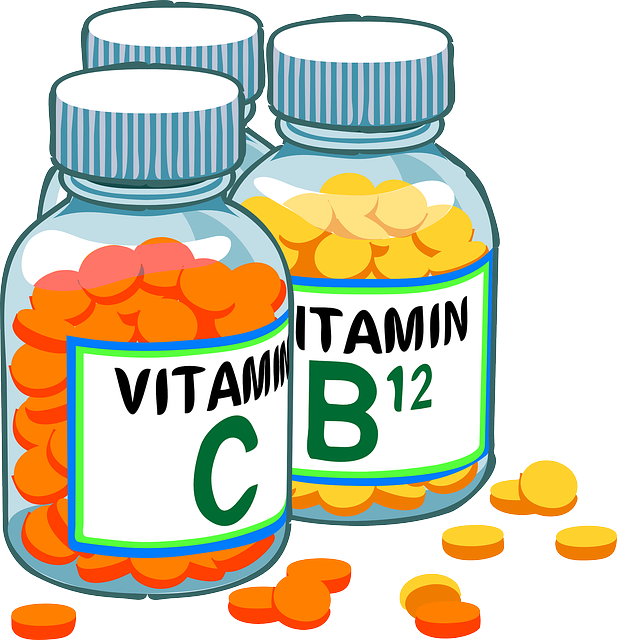
Maintaining hair vitality and preventing hair loss hinge on good nutrition. A diet lacking in essential nutrients can affect the structure and growth of hair. Key vitamins and minerals include:
iron
magnesium
zinc
biotin
A balanced diet and proper hair care are essential for supporting healthy hair growth and can even stimulate hair growth in some cases.

Maintaining a balanced diet can also have a positive impact on your blood pressure levels and help in managing cardiovascular risk factors. Consuming a diet rich in:
fruits
vegetables
lean proteins
whole grains
can help to control high blood pressure.
Strategies for Managing Hair Loss in Hypertensive Women

Addressing hair loss in hypertensive women requires a comprehensive, multi-faceted strategy. It’s not just about managing your blood pressure and taking care of your hair; it’s also about addressing the psychological impact of hair loss.
This section delves into an array of strategies for managing hair loss in hypertensive women. From consulting with healthcare professionals and reviewing medications, to adopting holistic practices and using topical treatments, we’ll provide you with a comprehensive guide to managing and potentially reversing hair loss associated with high blood pressure.
Medical Consultation and Medication Review
The initial step in managing hair loss associated with high blood pressure involves consulting a healthcare professional. Your doctor can help identify any medications that may be contributing to hair loss and suggest alternatives if necessary.
Your doctor will conduct a thorough physical examination and review your medical history. They might also order laboratory tests to rule out other conditions that could be causing your hair loss. If a medication is suspected to be the cause, the primary course of action may involve discontinuing it, but this should only be done under the guidance of your healthcare provider.
Holistic Approaches to Hair Regrowth

In managing hair loss in hypertensive women, holistic approaches can also be instrumental. Some strategies to consider include:
Regular physical activity
Yoga
Meditation
Adequate sleep
These practices can help to reduce stress levels and control blood pressure, supporting overall hair health.
In addition to these lifestyle practices, a balanced diet rich in essential nutrients can also promote hair regrowth. Herbal, vitamin, and mineral supplementation, scalp massage, and the use of topical treatments such as minoxidil can also support hair regrowth.
Topical Treatments and Hair Care Tips
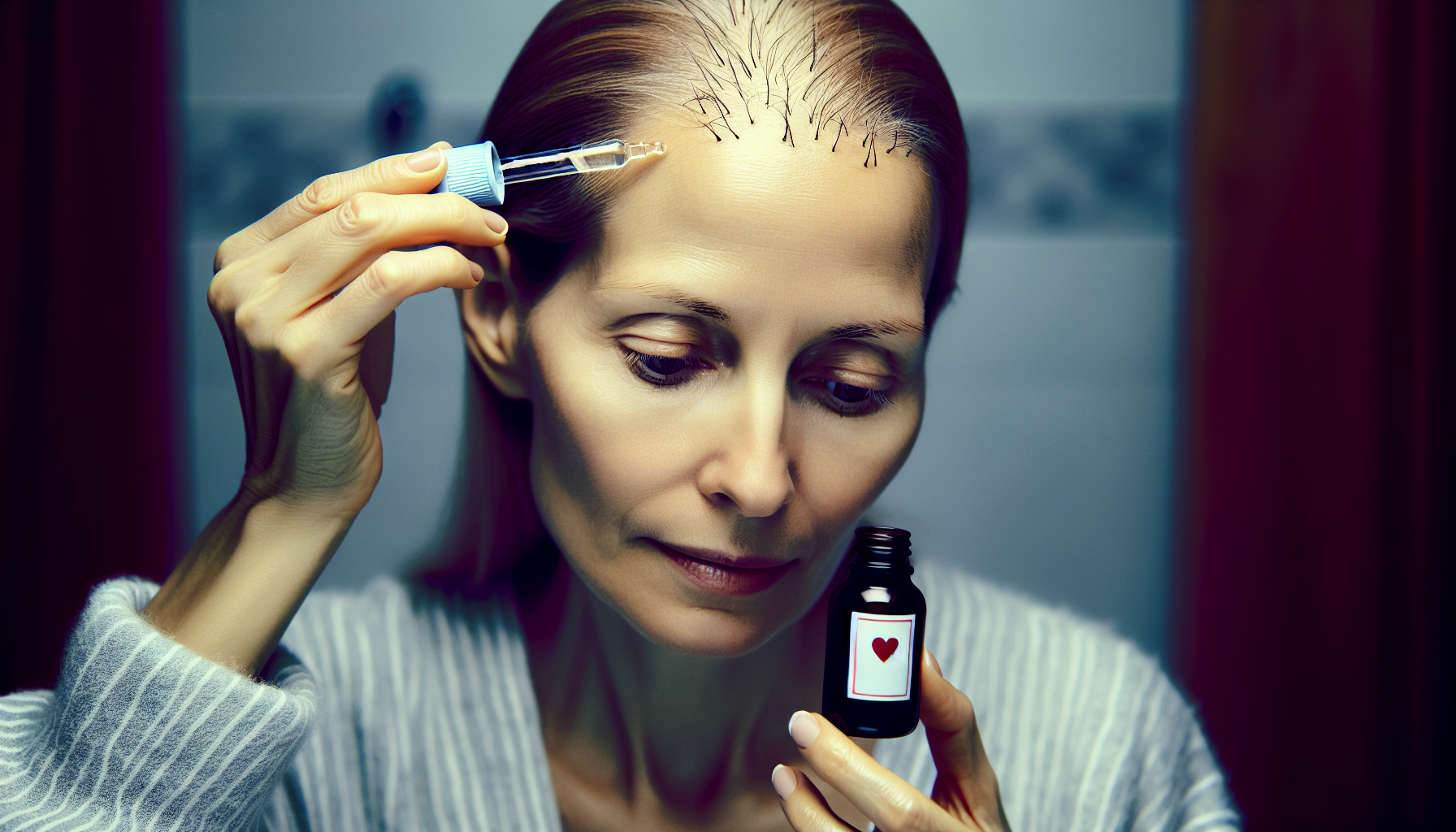
Topical treatments, such as minoxidil, can aid in stimulating hair growth in women who are experiencing hair loss as a result of high blood pressure. Minoxidil increases blood flow to the hair follicles, which stimulates them and promotes hair regrowth.
However, it’s important to note that minoxidil should be used as directed by a healthcare provider for optimal results. And while it’s a safe and effective treatment, it can have potential side effects that you should be aware of, including scalp acne, burning, and facial hair growth.
Addressing the Psychological Impact of Hair Loss

Especially among women, hair loss can exert a significant psychological impact. It can lead to feelings of sadness, depression, embarrassment, and shame, and can contribute to social anxiety and lower self-esteem. The emotional impact of hair loss can be particularly intense for women dealing with high blood pressure, adding an additional layer of stress and anxiety to their lives.
Consequently, it’s vital to address the psychological impact of hair loss. This involves acknowledging the emotional burden of hair loss, seeking professional help if needed, and finding ways to cope with the stress and anxiety. It’s important to remember that you’re not alone, and there are many resources and support groups available to help you navigate this challenging journey.
Importance of Community for Emotional Support

For women grappling with the psychological repercussions of hair loss, emotional support from a community undergoing similar challenges can serve as a lifeline. Support groups offer a safe space for women to share their feelings and experiences, learn from others, and gain a sense of understanding and acceptance.
Community support can provide:
Practical advice for managing high blood pressure and hair loss
Resources for coping with these challenges
Connection with others who understand what you’re going through
Strength, resilience, and hope
By connecting with others who understand what you’re going through, you can gain strength, resilience, and hope.
Summary
In summary, the link between high blood pressure and hair loss in women is multifaceted, involving a combination of physiological, pharmacological, and psychological factors. Hypertension can impact hair health, and certain blood pressure medications can contribute to hair loss. However, with proper management, including medical consultation, lifestyle changes, and the use of certain treatments, it’s possible to manage and even reverse this hair loss. Furthermore, emotional support and the power of community can be invaluable in coping with the psychological impact of hair loss.

Frequently Asked Questions
Can thin hair become thick again in females?
No, a person cannot change the texture of their hair, but hair may grow back thicker after certain events like chemotherapy or pregnancy.
Why is my hair falling out?
Hair falling out in women can be caused by genetics, certain medications or supplements, as well as hormonal or thyroid issues. It may also be genetic, known as female-pattern hair loss.
Which vitamin deficiency causes hair loss?
Vitamin D deficiency is directly related to the growth of hair and can result in hair loss due to an insufficient supply of crucial cells. Deficiencies in vitamins A, B, C, D, E, iron, and zinc have also been associated with hair loss.
What blood pressure makes hair fall out?
Some blood pressure medications, such as beta blockers like metoprolol, timolol, and propranolol, can cause temporary hair loss, known as telogen effluvium. This type of hair loss is common after taking such medications.
Can high blood pressure cause hair loss in women?
Yes, high blood pressure can cause hair loss in women by restricting blood supply to the hair follicles and some high blood pressure medications can contribute to hair loss as well. So it’s important to manage blood pressure and consult with a healthcare professional for the right medication.
